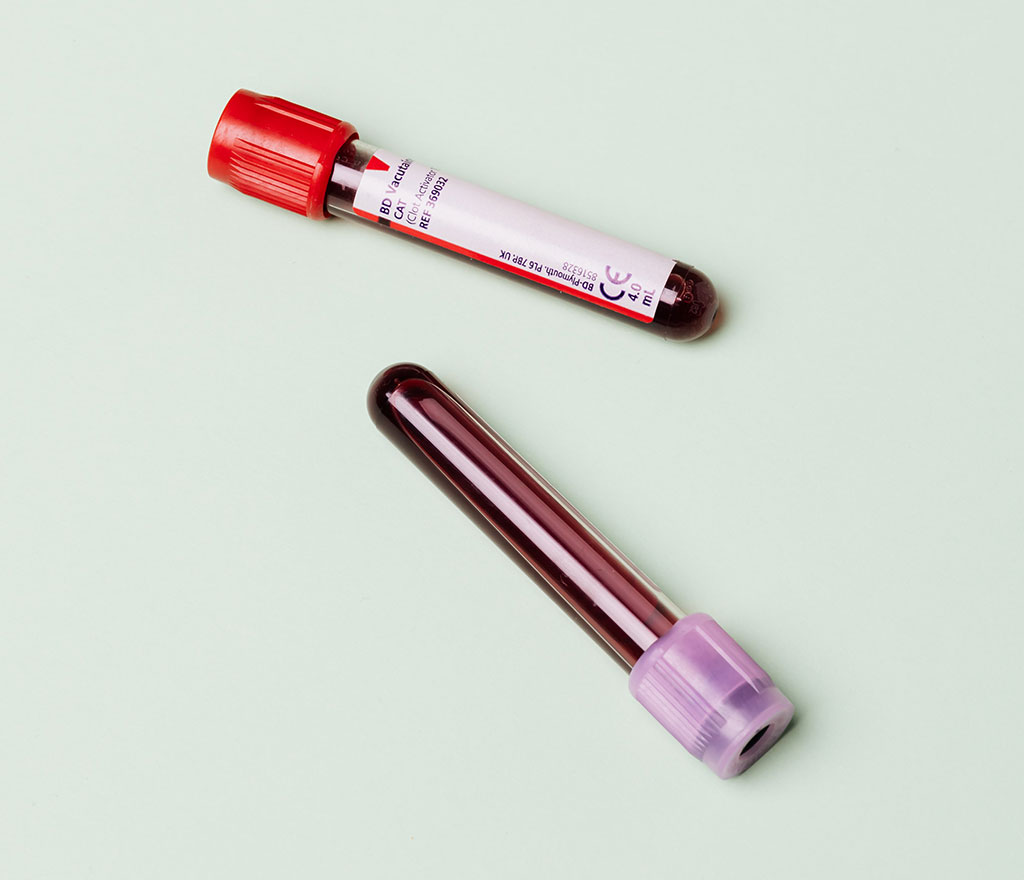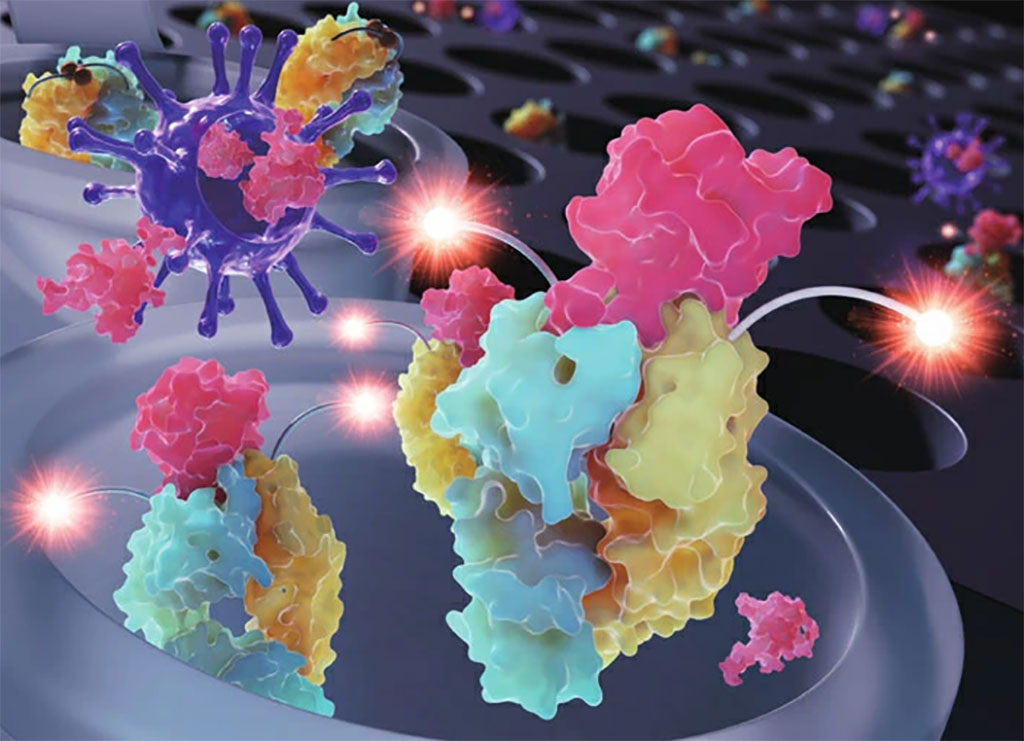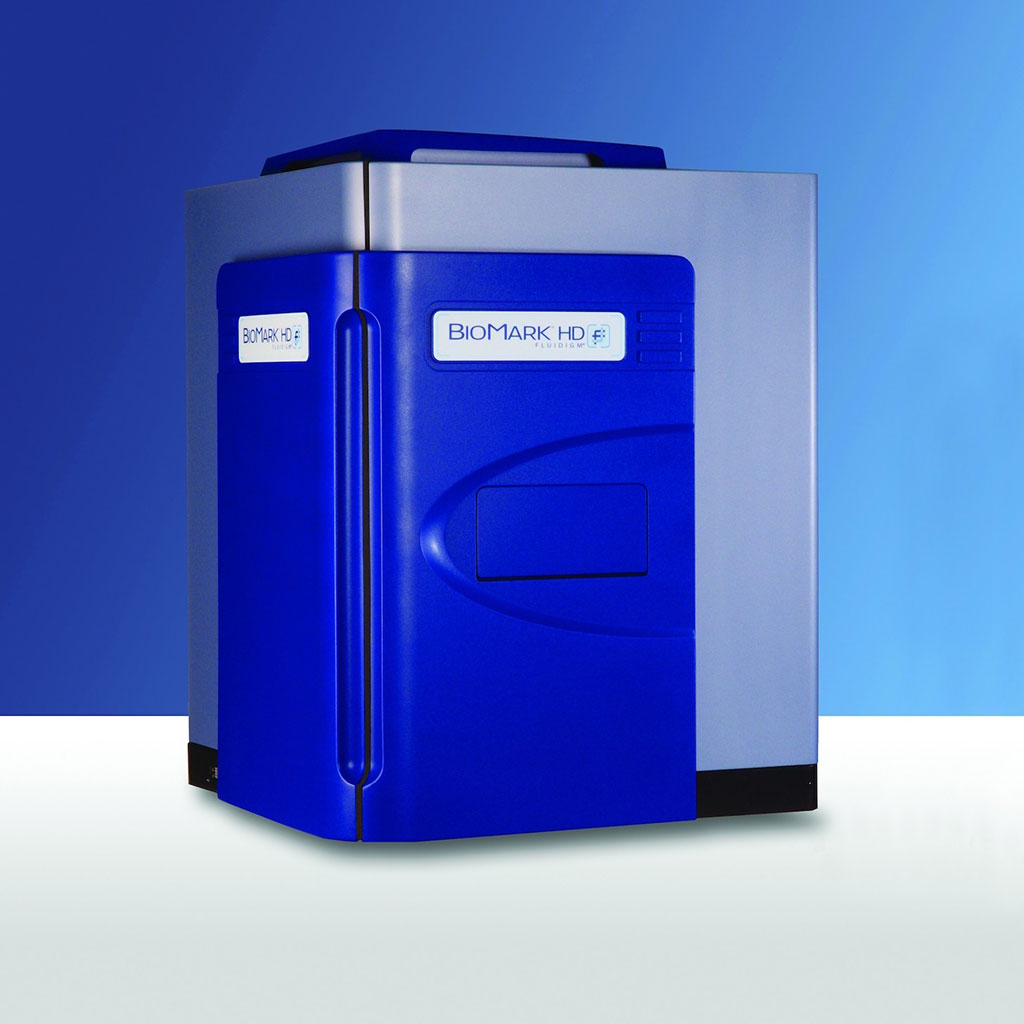One-Time Blood Test Predicts Which Hospitalized COVID-19 Patients Will Grow Worse
Posted on 28 Sep 2022
A one-time test could predict which people hospitalized with COVID-19 are likely to worsen significantly during their stay, even if they were admitted with relatively mild symptoms, according to a study of more than 2,500 people. The test measures patient blood levels of a protein on the virus that causes COVID-19. High levels of the protein correlated strongly with an increased need for respiratory support five days later, regardless of the patient’s disease severity when the test was conducted, the researchers found. People whose levels were high were also likely to be hospitalized significantly longer than those with lower levels.
The findings of the study by researchers at Stanford Medicine (Stanford, CA, USA) suggest that the virus may continue to replicate in a subset of hospitalized patients, and that those patients might benefit from antiviral treatments like monoclonal antibodies or remdesivir. Such antiviral treatments are now primarily used in outpatient settings after previous clinical trials showed they did not benefit hospitalized patients. Researchers at Stanford Medicine led an international group of investigators in analyzing the results of a large, multicenter clinical trial of antiviral therapies in hospitalized COVID-19 patients called the ACTIV-3, or TICO (therapeutics for inpatients with COVID-19) trial. The ACTIV-3 trial was designed to test five antiviral drugs versus a placebo in hospitalized COVID-19 patients. Rogers and her colleagues studied more than 2,500 people hospitalized for COVID-19 at multiple locations in the U.S., Europe, Asia and Africa between August 2020 and mid-November 2021 - a period that spanned the rise of the delta variant of the virus around the globe. Few of the patients were vaccinated.

Blood samples from patients were tested at the time of their enrollment in the study for the presence of the telltale protein from the nucleocapsid, or outer covering, of the SARS-CoV-2 virus, which causes COVID-19. The researchers found that 95% of the participants had detectable levels of this protein, called the N protein. Of them, 57% had levels equal to or higher than 1,000 nanograms per liter (a nanogram is one-billionth of a gram). On average, people with levels above 1,000 ng/L were sicker at the time of sample collection than those with lower levels of N protein in their blood. At first blush, the findings may seem obvious - more virus might suggest a higher burden of infection or that the immune system is not able to control the infection. But the researchers teased out some important subtleties when they compared the relative N protein levels in 1,085 patients randomly assigned to receive a placebo treatment with their symptoms five days after sample collection. Among the 257 people in the placebo group who did not initially need oxygen, 26% of those with levels of N protein of at least 1,000 ng/L had progressed to needing oxygen five days later. That’s compared with only 6% of people who had lower levels.
The levels of viral protein also correlated with the duration of a patient’s hospital stay, the researchers found. Patients with lower levels had a median hospital stay of four days, but those with levels above 1000 ng/L were in the hospital for a median of seven days. The difference was more striking in the group requiring non-invasive ventilation or a high-flow nasal cannulas (both of which deliver more oxygen into the lungs than regular breathing). Among these patients, 42% of them with levels above 1,000 ng/L were discharged by day 28 of their hospital stay, as compared with 73% for people with lower levels. The researchers also found that, at all stages of disease severity, men in the study tended to have higher levels of the N protein in their blood than women, even after adjusting for differences in rates of hypertension, heart disease and other possible confounding factors. Devising a point-of-care version of the test that could quickly identify patients with elevated viral levels may help doctors triage their care and allow targeted enrollment into future antiviral trials targeting the SARS-CoV-2 virus, according to the researchers.
“The way we’ve been thinking about COVID-19 is that antivirals are most helpful early in disease, to stop viral replication before a person becomes really sick,” said Angela Rogers, MD, associate professor of pulmonary and critical care. “When a person is sick enough to be hospitalized, it seems that the inflammatory response to the virus causes many of their clinical symptoms. Some have suggested that it is time to stop studying antivirals in the sickest patients who are hospitalized with COVID-19. But this study suggests that a subset of patients might benefit from antiviral therapies even after hospitalization.”
Related Links:
Stanford Medicine













